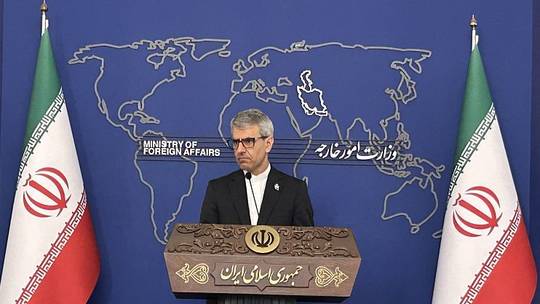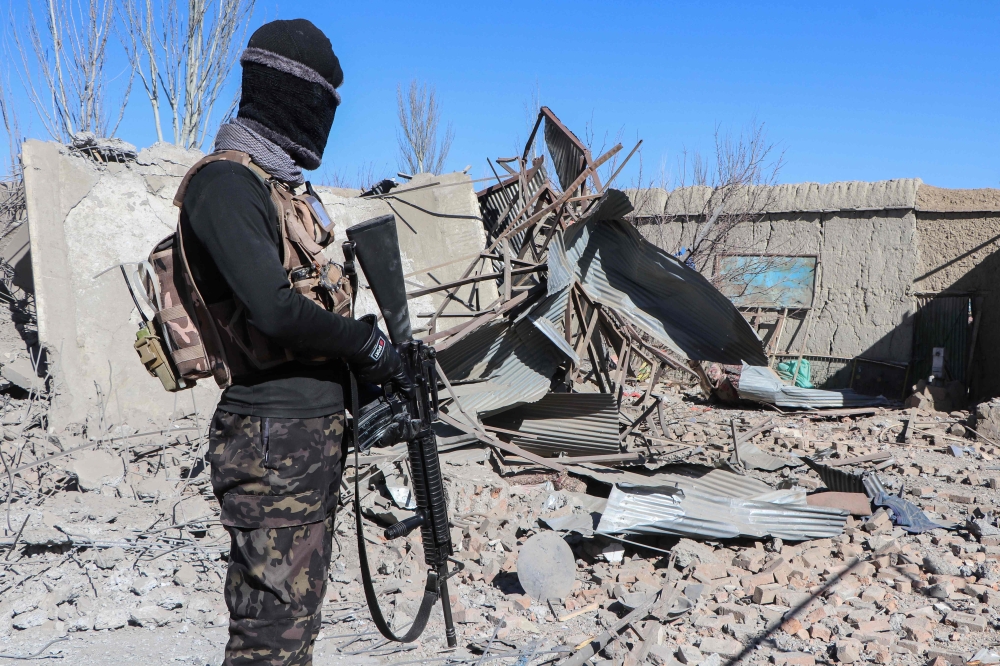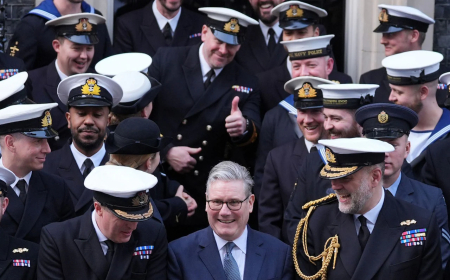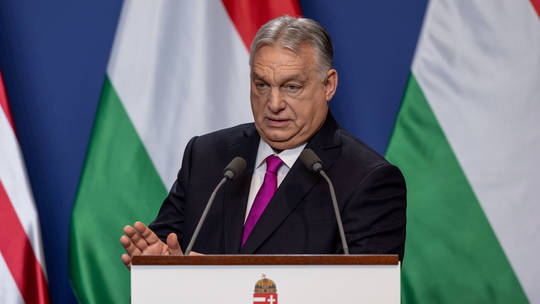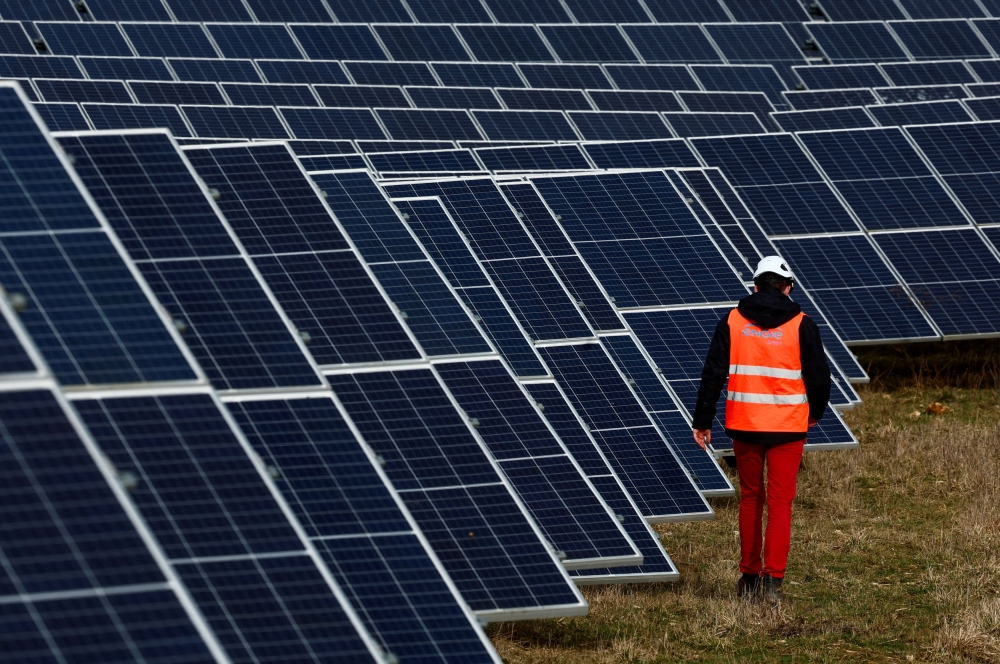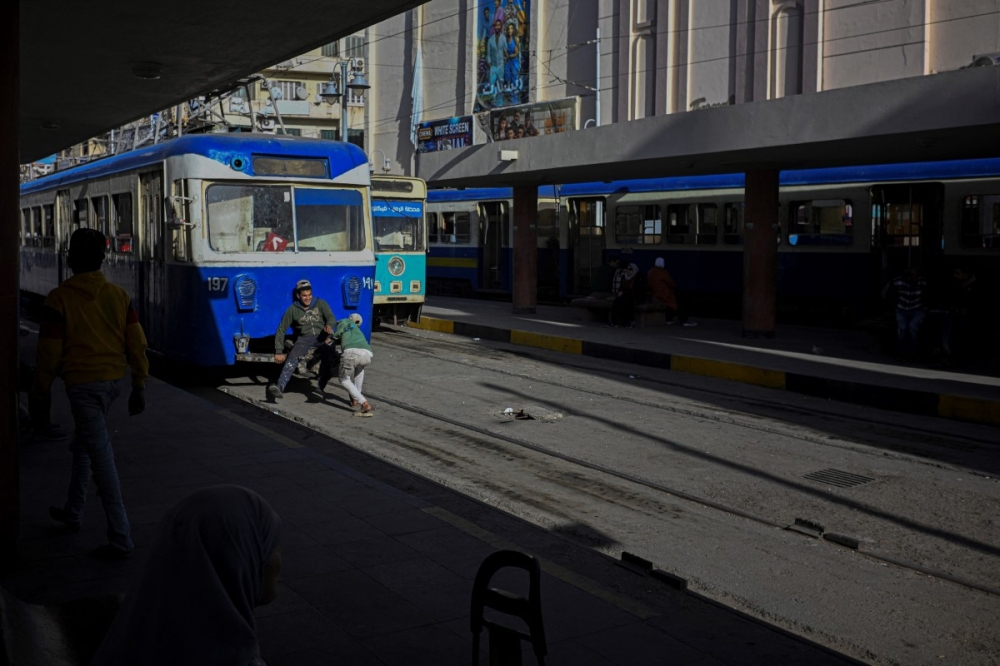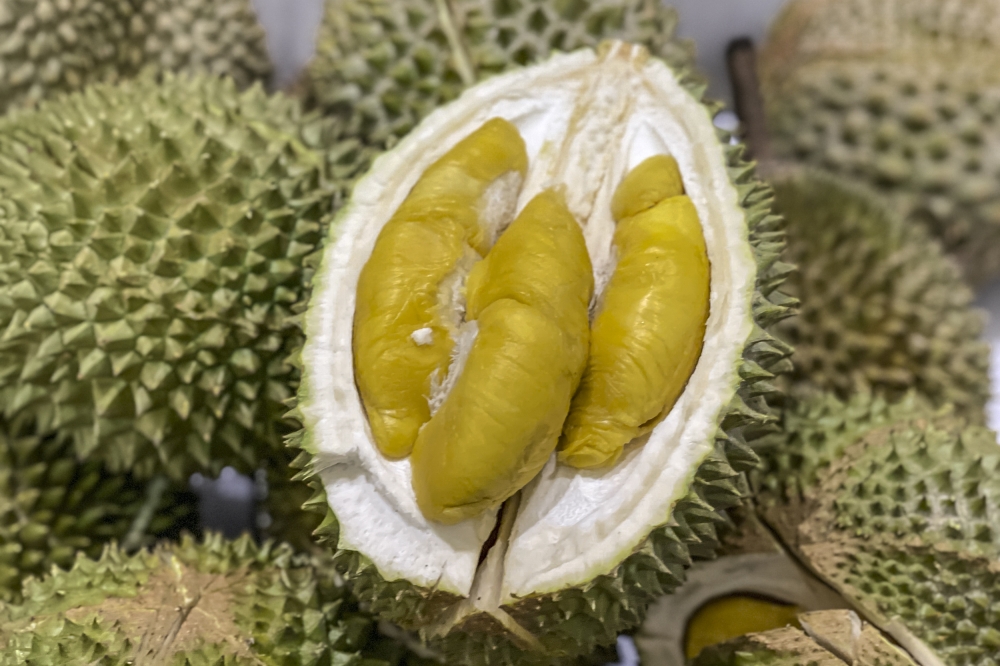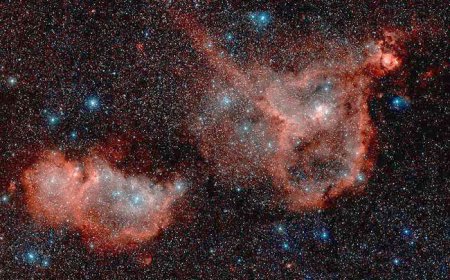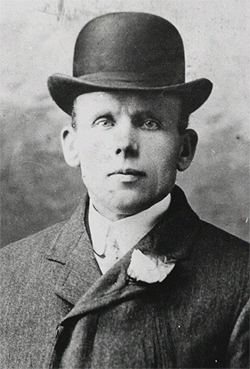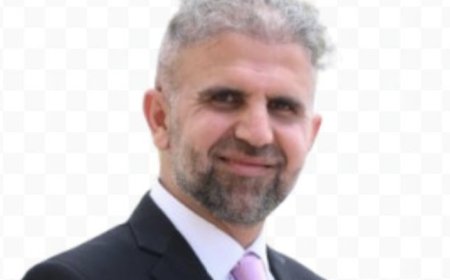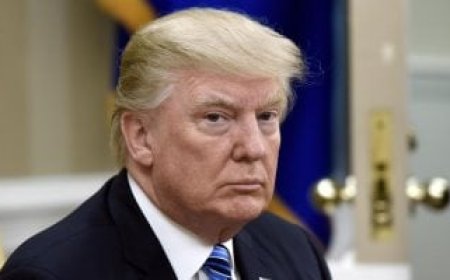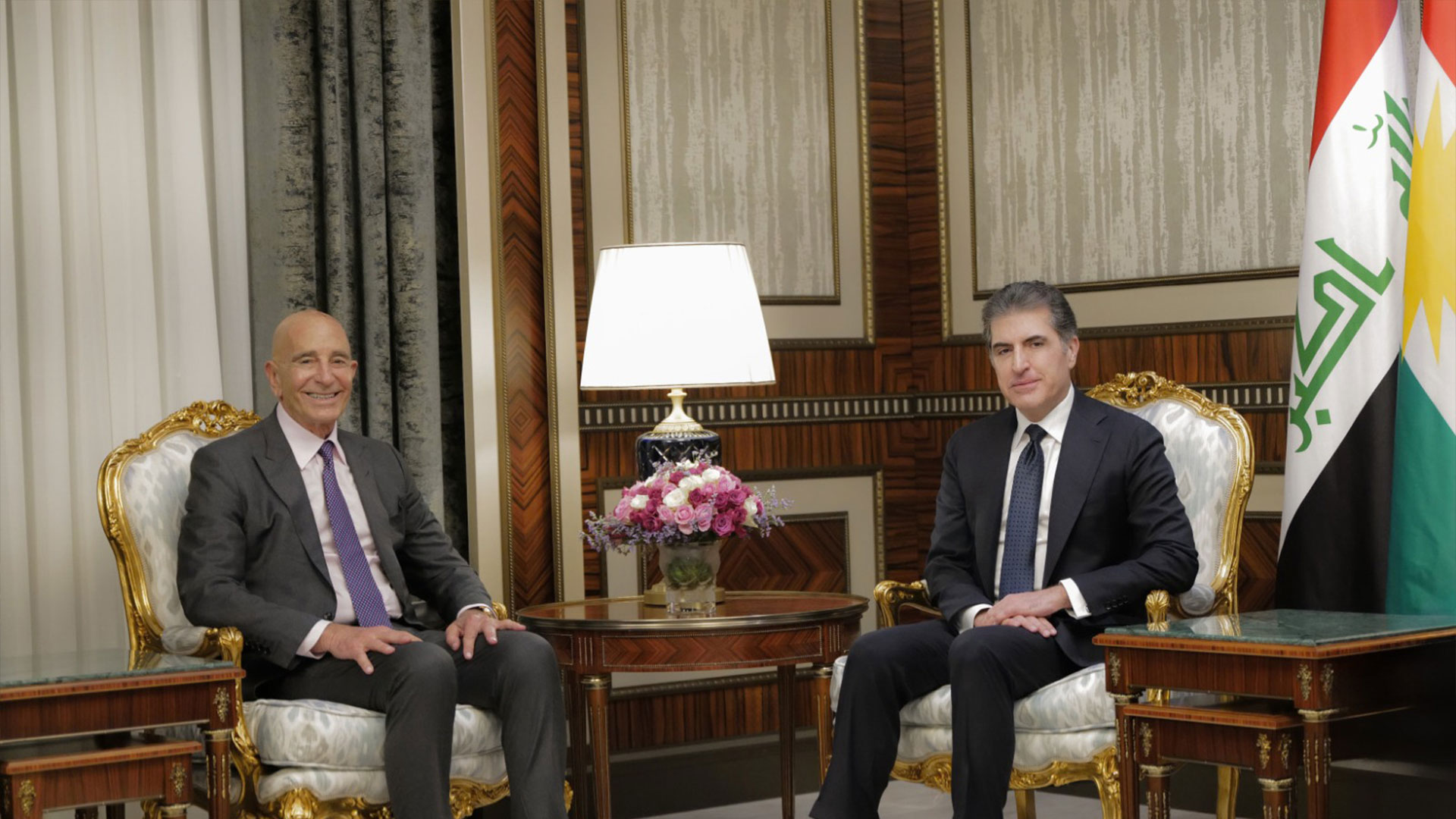Kurdistan’s Power Hub: How the Regional Presidency Became the Linchpin of Iraq’s 2025 Political Battle
Asst. Prof. Dr. Seerwan Anwer Majeed
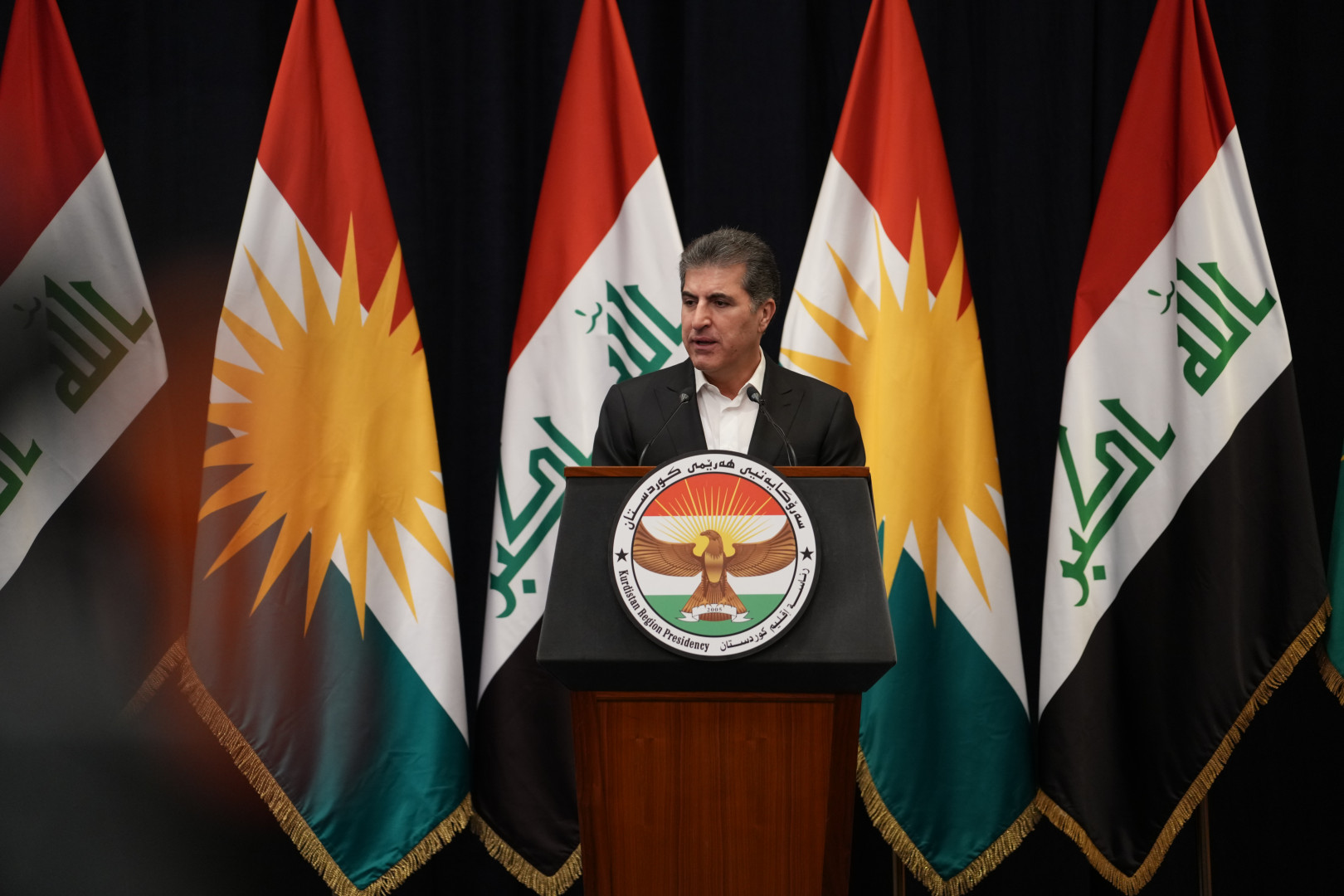
As Iraq edges toward its pivotal parliamentary elections in November 2025, one institution in the north has moved to the center of the country’s political arena: the Presidency of the Kurdistan Region. What was once perceived by some observers as a largely symbolic post has, during this charged electoral period, emerged as a critical power hub shaping both the internal stability of the region and the representation of Kurds in Baghdad.
In a country where shifting alliances and political volatility can upend national trajectories overnight, the Kurdistan Region’s Presidency has positioned itself as a strategic actor—from moderating internal Kurdish rivalries to navigating the delicate balance of federal relations. Behind the scenes, the presidency’s actions reveal a deeper, more calculated institutional transformation: the evolution of the office into a command center for policy direction, diplomatic coordination, and electoral strategy.
A Strategic Nerve Center, Not a Ceremonial Seat
Within Kurdistan’s governance structure, the Presidency functions as the nervous system of political decision-making. While executive bodies manage day-to-day administration, the Presidency sets the strategic tone—defining priorities, issuing directives, and ensuring political coherence during one of Iraq’s most consequential electoral cycles in years.
The office has taken the lead in:
- Translating long-term Kurdish political objectives into concrete plans,
- Monitoring electoral procedures to safeguard inclusivity and transparency,
- Ensuring that partisan competition does not fracture the region’s unified stance.
This oversight role is especially vital in a political environment where electoral law amendments and shifting alliances could significantly impact Kurdish representation in the federal parliament.
Balancing Baghdad: Diplomacy With High Stakes
The Presidency plays an indispensable role as a diplomatic channel between Erbil and Baghdad. Kurdish-federal relations remain strained by disputes over budget allocations, oil and gas management, regional autonomy, and security coordination. During this election period, these issues have resurfaced with greater intensity.
To navigate these tensions, the Presidency has pursued a deliberate strategy aimed at:
- Presenting a unified Kurdish voice in federal negotiations,
- Minimizing partisan fragmentation that historically weakened Kurdish influence in Baghdad,
- Establishing a consistent institutional message in both national and international forums.
In effect, the Presidency has transformed itself into the region’s primary diplomatic engine—shielding strategic negotiations from intra-Kurdish political rivalry and ensuring that key issues, such as revenue-sharing and constitutional guarantees, remain central to federal discussions.
Internal Stability: The Region’s Most Valuable Political Currency
For Kurdistan, internal stability is more than an aspiration—it is political capital. With Iraq’s political terrain becoming increasingly polarized, the Presidency’s capacity to maintain cohesion among Kurdish parties has become a determining factor in Kurdish leverage at the federal level.
Through continuous dialogue and political arbitration, the presidency has:
- Worked to harmonize positions among the Kurdistan Democratic Party (KDP), the Patriotic Union of Kurdistan (PUK), and other groups,
- Prevented electoral disputes from escalating into wider political crises,
- Reinforced a sense of shared national interest in a period often marked by political fragmentation.
This internal unity is essential not merely for electoral success, but for preserving the region’s strategic role within Iraq.
Election Strategy: More Than Votes, a Recalibration of Kurdish Influence
As Iraq enters the final stretch toward the 2025 elections, the Presidency has framed the process not as a partisan race, but as a strategic recalibration of Kurdish political relevance. Its electoral approach is defined by two primary goals:
1. Active Participation Coupled With Institutional Reform
The Presidency has pushed for broader reforms within electoral laws and political processes, aiming to:
- Guarantee fair Kurdish participation,
- Prevent manipulation by federal or party actors,
- Strengthen democratic procedures in both Baghdad and Erbil.
2. Redefining Kurdish Power Within Federal Structures
The Presidency seeks to reposition Kurdish influence in:
- The Iraqi Council of Representatives,
- Key federal ministries,
- Security bodies and national policymaking institutions.
This effort reflects a broader strategic vision: ensuring that Kurdish interests remain central in the evolving federal landscape, regardless of shifts in political alliances.
A Growing Institutional Maturity
Recent developments suggest that the Kurdistan Region’s Presidency has matured into a more professional, structured, and data-driven institution than at any point in the past. Its internal organization, analytical capacity, and ability to project unified political messaging have heightened the region’s credibility both domestically and internationally.
By maintaining stability at home and representation in Baghdad, the Presidency has effectively emerged as the political backbone of Kurdish national identity inside Iraq.
What to Watch in the Coming Months
Several indicators will determine how influential the Presidency remains through and beyond the 2025 elections:
- Its resilience under internal political pressure from Kurdish factions.
- Its negotiating leverage in Baghdad, particularly on budget and constitutional disputes.
- Its ability to turn reform rhetoric into tangible outcomes, including election law amendments.
- Its success in maintaining broad public participation and political unity during a divisive electoral season.
- Its long-term capacity to secure sustainable Kurdish representation in federal decision-making institutions.
Each of these variables will influence not only the future of the Presidency but the political trajectory of the region itself.
Conclusion: The Beating Heart of Kurdish Politics
The current political climate has exposed a fundamental reality: the Presidency of the Kurdistan Region is no longer merely a symbol of regional authority—it is a fully empowered institution driving the political direction of Kurdistan at a pivotal moment in Iraq’s history.
If its current trajectory continues—marked by professionalism, strategic clarity, and a careful balance between diplomacy and internal cohesion—the Presidency will remain the beating heart of Kurdish politics and a decisive force in shaping the region’s future within the Iraqi federal framework.
In an Iraq defined by uncertainty, the Presidency of the Kurdistan Region stands out as one of the few institutions capable of navigating complexity with stability, vision, and political purpose.
